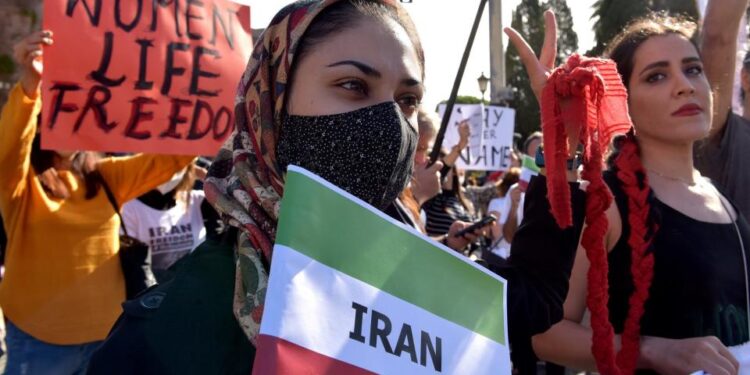Iran has announced plans to open a specialized “treatment clinic” in Tehran aimed at women who defy the country’s strict mandatory hijab laws. This new initiative is being described by the authorities as a “scientific and psychological treatment” program. However, human rights activists and critics see it as another step in the regime’s ongoing efforts to suppress dissent and undermine women’s protests.
The Clinic’s Purpose and Oversight
The clinic will be supervised by Iran’s Headquarters for the Promotion of Virtue and Prevention of Vice. It is set to focus on women who remove their hijabs, offering what the authorities describe as treatment to help women return to “proper” adherence to the hijab law. According to Mehri Talebi Darestani, the Head of Tehran’s Women and Family Department, the program will be voluntary. The women will be free to choose whether or not to attend. The treatment will purportedly focus on reinforcing the principles of modesty, dignity, chastity, and the hijab, framing it as part of a moral and psychological rehabilitation.
Context and Growing Opposition
This move comes shortly after a high-profile protest in Tehran, when a 30-year-old student from the Islamic Azad University stripped down to her underwear in protest against the hijab law. Authorities swiftly labeled her as “mentally disturbed,” a designation that has been increasingly applied to women and activists who oppose the dress code. The trend of depicting dissenters as mentally unstable has grown since the death of Mahsa Amini. She was a 22-year-old woman who died in police custody on September 16, 2022, after being arrested for allegedly violating the hijab law. Nationwide protests triggered by her death, which were fueled by demands for greater freedom and the end of compulsory hijab enforcement.
The International Response
Iran’s use of psychiatric facilities to deal with political dissidents has drawn severe criticism from human rights organizations. Many see this clinic as part of a broader campaign to frame protests as a psychological issue rather than a political or social stance. In 2023, four Iranian psychiatric associations issued a joint statement condemning the regime’s use of psychiatric diagnoses to silence opposition. They argued that such practices violate professional ethics and the rights of individuals.
The Bigger Picture: Ongoing Repression
The opening of the clinic highlights the Islamic Republic’s continued efforts to suppress women’s rights and public dissent. Despite promises of reform from figures like President Masoud Pezeshkian, the government has shown little willingness to ease the mandatory hijab law or address the broader concerns raised by the 2022 protests. As these repressive measures continue, the international community remains vigilant, with increasing calls for Iran to respect the human rights and freedoms of its citizens.
Related Stories:
Iran Builds ‘Defensive Tunnel’ in Tehran After Israeli Strikes
Young Iranian Woman’s Protest Sparks Global Outrage Over Gender Apartheid
Iran’s morality police will not ‘bother’ women, president says
















